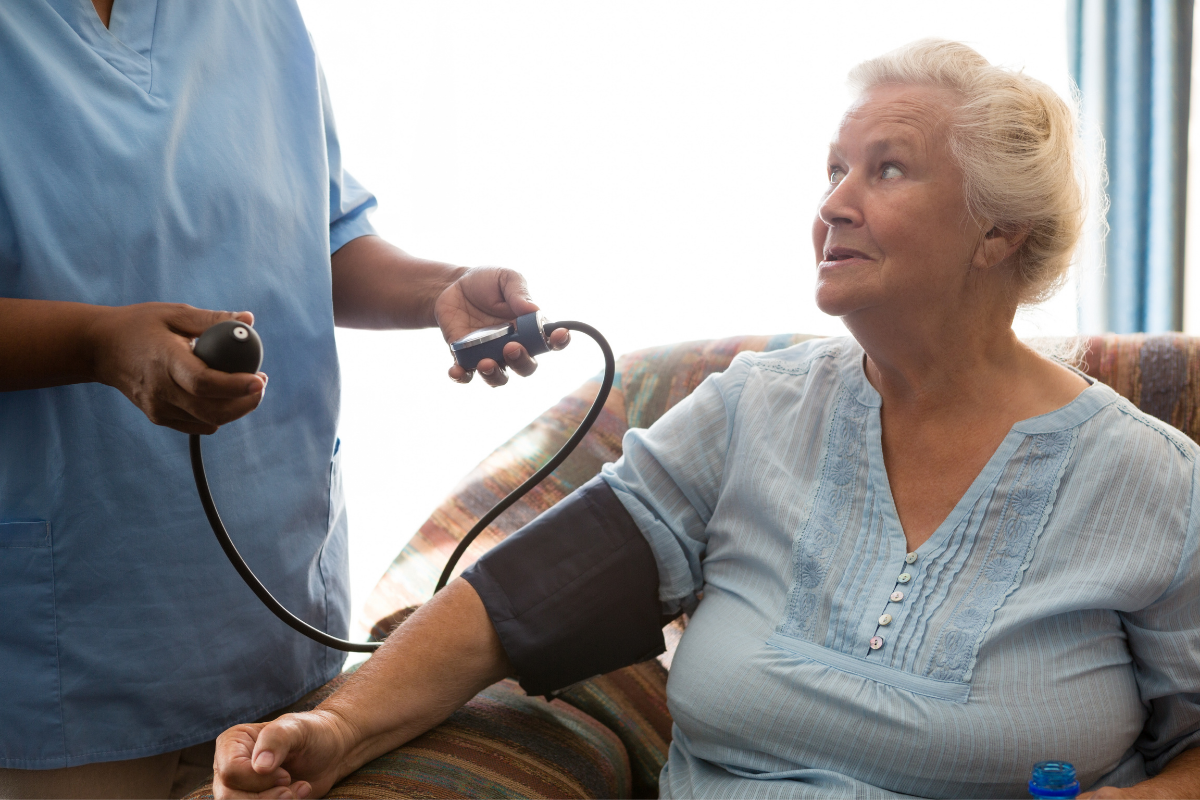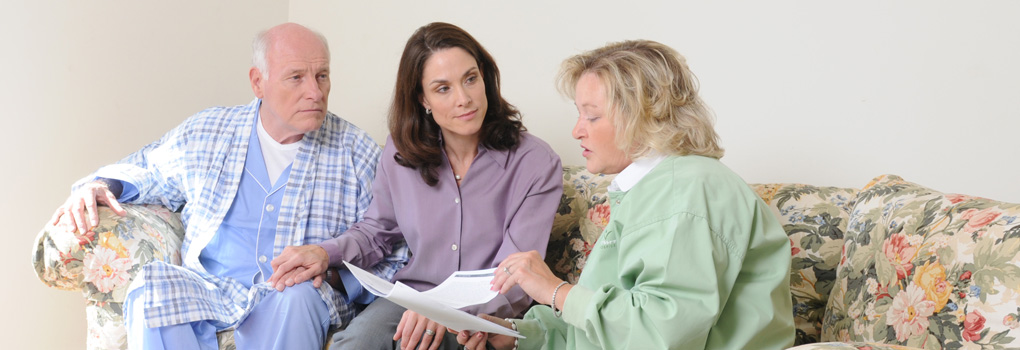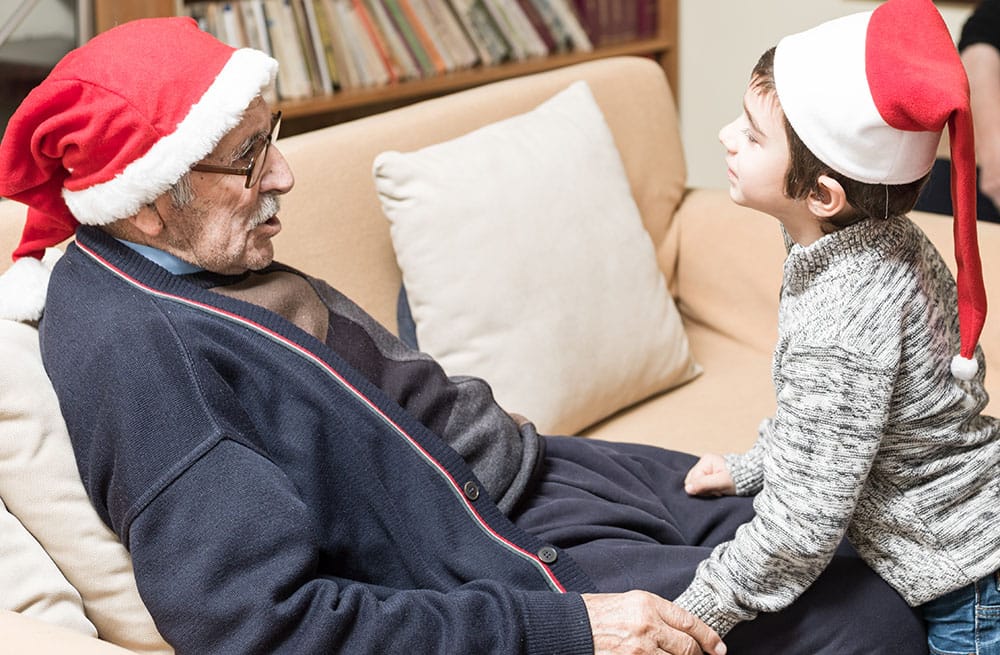Does palliative care mean a person is dying?

No, palliative care does not necessarily mean a person is dying. In fact, one of the most common misconceptions is the belief that palliative care means dying.
For many years people have spoken about hospice care and palliative care as though the two terms are synonymous. However, palliative care is different than hospice. All hospice care is palliative care, but all palliative care is not hospice.
Let’s take a look at what the two terms mean.
What does palliative care mean?
The World Health Organization defines palliative care as “an approach that improves the quality of life of patients and their families facing the problems associated with life-threatening illness, through the prevention and relief of suffering by means of early identification and impeccable assessment and treatment of pain and other problems, physical, psychosocial and spiritual.”
That’s the long way of saying that the meaning of palliative care is that it provides relief from pain and other symptoms of serious illness – at any stage of that illness. Hospice care, on the other hand, is only provided to individuals who have been diagnosed with six months or less to live.
What does it mean when someone is on palliative care?
When someone is on palliative care, it means they are receiving an added layer of support focused on comfort, quality of life, and whole-person well-being. This care is not limited to managing physical symptoms such as pain, nausea, or shortness of breath—it also addresses emotional needs that can arise with serious illness.
Being on palliative care doesn’t necessarily signal the end of life. It is not a different name for hospice care. Instead, it indicates that a person and their healthcare team are prioritizing relief from distressing symptoms and side-effects of treatment, while still seeking treatment. That point is important: Palliative care can be provided alongside treatments intended to cure or slow the progression of illness, and it often involves a team of healthcare professionals working together.
In short, being on palliative care means that a person is not facing their illness alone—they have a dedicated team helping them live as fully and comfortably as possible, no matter the stage of their illness .
When should someone be offered palliative care?
Palliative care provides an extra layer of support and care for patients diagnosed with a serious, long-term or life-threatening illness. Starting palliative care can start following this diagnosis. Patients receiving palliative care can continue to pursue aggressive, curative treatment. In fact, palliative care is often used to treat side effects from curative treatments like chemotherapy or radiation.
In addition to cancer patients, palliative care is an option for a wide variety of serious illnesses including HIV or AIDS, COPD, Parkinson’s disease, Alzheimer’s disease, Systemic Lupus, MS, diabetes and heart disease.
Billed through insurance or Medicare Part B like a doctor’s visit, palliative care team members meet with patients in their home or another place of their choice to treat symptoms and coordinate care.

When does palliative care become hospice care?
Does palliative care mean dying? It can. When a patient diagnosed with six months or less to live elects to discontinue curative treatment, they become eligible for hospice care.
While hospice care still focuses on pain and symptom relief, it also includes the support of aides, chaplains, volunteers, and bereavement specialists in addition to nurses and social workers. All of these disciplines, as well as medication and medical supplies related to patient’s terminal illness, are fully covered by insurance, Medicare and Medicaid.
Patients may receive hospice care in their family home, assisted living facilities, nursing homes or wherever they reside.
Continuing to learn the difference between hospice and palliative care.
If you or someone you care for has been diagnosed with a serious, life-limiting illness, and you are unsure whether hospice or palliative care is appropriate, please call us at 1-888-564-3405 to discuss their current condition. We can schedule a same-day, in-person consultation to determine the right level of care for the patient’s current needs.
Additional Resources:
Scores and Scales: Understand the Balance of Hospice Eligibility
If you found this information helpful, please share it with your network and community.
Copyright © 2025 Crossroads Hospice & Palliative Care. All rights reserved.



